

Curitiba participates in Climate Smart Cities Challenge
Four cities will demonstrate innovative solutions in a competition
Curitiba is one of the four cities selected to participate in the Climate Smart Cities Challenge. The challenge is an initiative of Swedish organizations in cooperation with UN-Habitat aimed at promoting climate-smart innovation in cities.
In the call for proposals, cities were asked to define challenges that they are facing to address climate change. Which innovative actions could reduce or offset emissions and make the cities more sustainable and livable?
In addition to Curitiba, Bristol (UK), Bogotá (Colombia) and Makindye Ssabago (Uganda) are the three other contestants chosen to participate in the competition.

What comes next is a clearer definition of the challenges proposed by these cities. In this context, demonstration projects will be identified. This will be a very innovative process.
Check more and follow the next steps at Climate Smart Cities Challenge
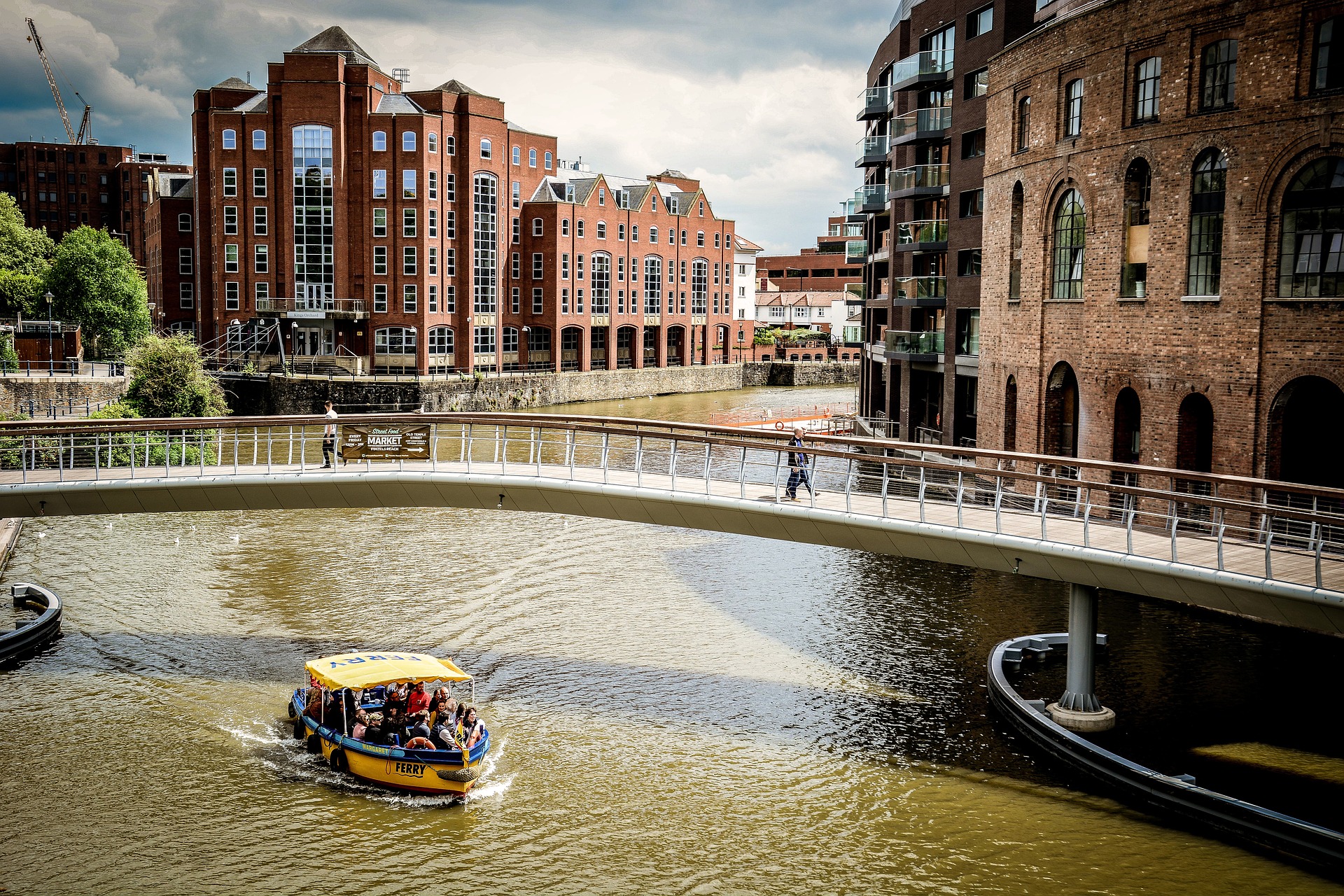
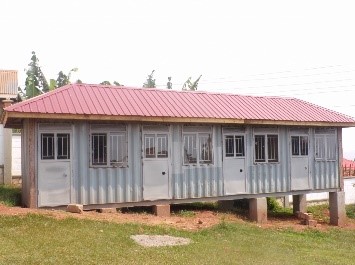
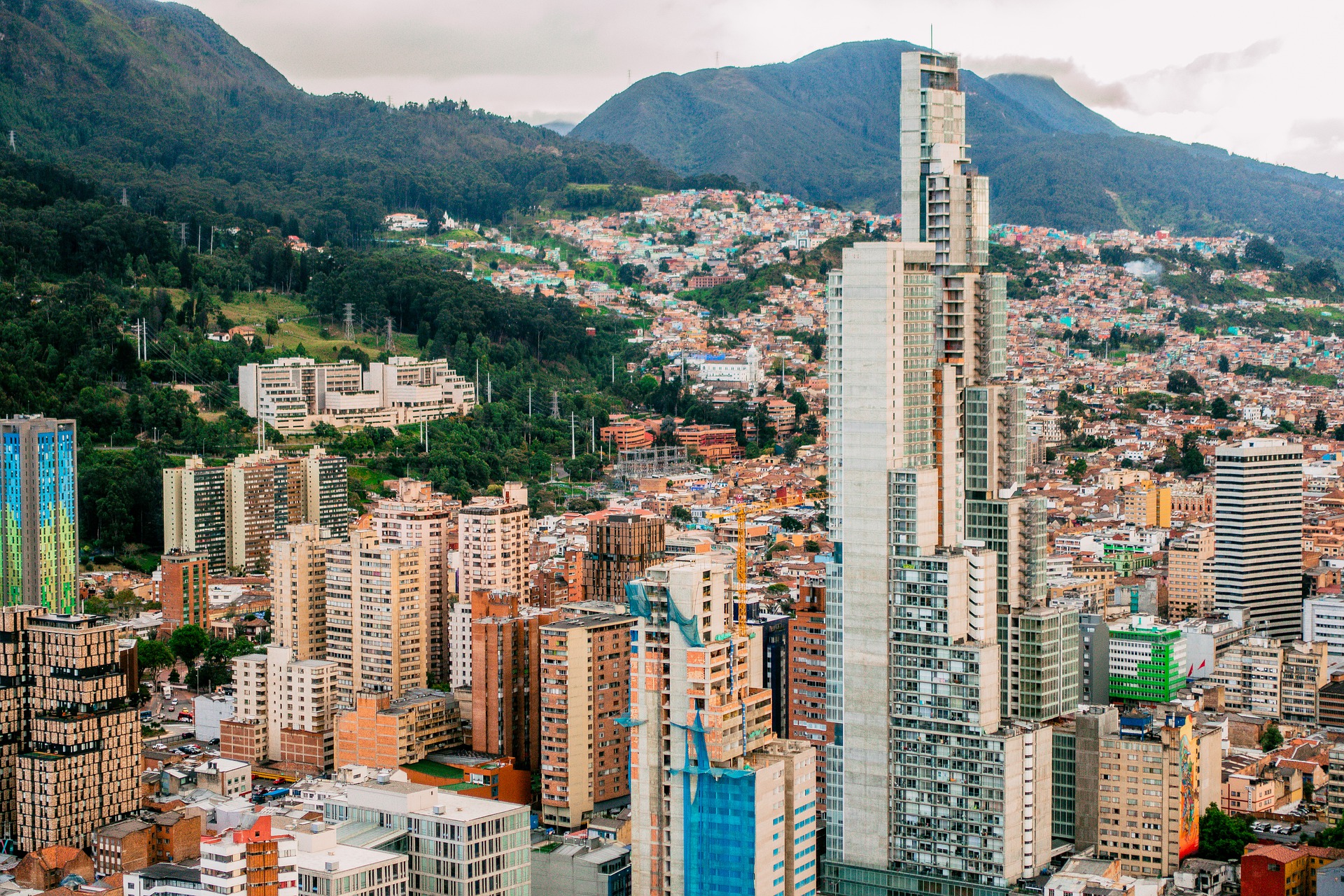
PlanClima – a foundation for climate actions in Curitiba
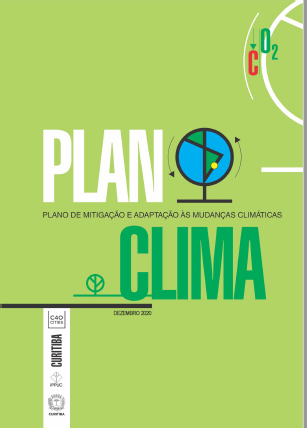
PlanClima is Curitiba’s Mitigation and Adaptation to Climate Change Plan. It includes an inventory of the city’s emissions and a trajectory towards carbon neutrality.
Actions to address climate change are structured around urban and environmental quality, energy efficiency, sustainable urban mobility, solid waste and wastewater, and urban innovation. Reaching carbon neutrality by 2050 will require more than specific sectoral actions. Therefore, cross-sectoral synergies and integrated solutions will be part of new guidelines for urban development.
Ministry of Regional Development issued Guidelines for Smart Cities
Smart City Concepts stands as reference for Smart Cities in Brazil

Brazil has developed a set of guidelines for Smart Cities (Carta Brasileira Cidades Inteligentes). The guidelines shall support municipalities as they elaborate projects to promote technological shifts, urban development, and sustainable communities. The guidelines serve as the basis for future projects. Project calls are being announced in cooperation with national and international agencies. See MDR call for sustainable urban mobility projects.
The Brazilian Ministry of Regional Development (MDR) coordinated the process of designing the guidelines, but other ministries and experts were also part of the process. Smart City Concepts was represented in the event held by the Ministry 23-25 February. The event counted with some 120 invited participants from different parts of Brazil. Smart City Concepts is among the reference cases chosen by the Ministry of Regional Development.
It is good to see that the project deliverables are fully aligned with the Brazilian guidelines. The fact that the project is a reference case is a confirmation of the quality of our work. Our project team is very proud of what has been accomplished so far.
Moreover, members of our team in Curitiba (Nádia Puchalski Kozievitch, Rita Cristina Galarraga Berardi, and Keiko Fonseca) have actively contributed to the ISO 37110 for Sustainable cities and communities — Management guidelines of open data for smart cities and communities — Part 1: Overview and general principles. The Brazilian Technical Standards Association (ABNT) is the national coordinator of this process.
Our team is part of the special committee 268 developing standards for sustainable cities and communities. Many of our team’s contributions have become national inputs, especially for the ISO 37166 – Smart community infrastructures — Urban data integration framework for smart city planning and ISO 37110 standards at large. The process is now in the final stages before approval of the norm.
Keiko V.O. Fonseca and Luis Carlos Erpen de Bona were appointed members of the new municipal consulting committee for Curitiba Open Data. This is another important recognition of their expertise and contributions in this area, many of which result from our first Smart City Concepts project (2014-2018). The committee is part of the Open Data Chamber of the Municipal Council of Innovation of Curitiba.
Decarbonization of Urban Freight Transport under investigation’
An important contribution to reducing emissions in Curitiba
Urban freight is an important function in the urban economy. Freight transport includes a variety of goods transport organized in different models of logistics that are a full part of the urban economy. It includes, for example, transport of waste, building materials, food, and parcel distribution, among others. As urban areas grow, the demand for goods transport increases. The expansion of e-commerce is also resulting in a growing demand for effective and timely deliveries.
In Curitiba, the transport sector responds for 66.6% of the municipality’s greenhouse gas emissions. Several actions have contributed to reducing emissions in the sector, with particular emphasis on public transportation. Smart City Concepts joined these efforts in our first project (2014-2018) during which we tested electric buses and evaluated their potential contributions. This time, we are paying particular attention to urban freight, aiming at innovative strategies to reduce Curitiba’s emissions.
In one study, we are evaluating policies that cities around the world are adopting to regulate and improve freight transport. We are interested in how cities are mitigating carbon emissions, and how this can contribute to sustainable development and impact on the Sustainable Development Goals.
Furthermore, in a bottom-up analysis for the city of Curitiba, we are looking at the total cost of ownership for vehicles that operate freight transport in the city. If we understand the energy source and demand of these vehicles as well as their emissions, we can better design policies that promote sustainable choices among logistics companies.

Addressing sustainable urban freight is an important step towards sustainable mobility. It is also one of the components of Sustainable Development
Transport is the second largest CO2 emitter in the world. Addressing transport emissions requires understanding the context in which transport demand and logistics evolve. In urban areas, trucks and utility vehicles are the most used for services and deliveries. Multiple actors are involved.
Several low-carbon options for heavy-duty road freight exist, including vehicles powered by biofuels and electrified trucks. However, if we want to speed up the transition to low-carbon options, we will need a better understanding of the freight context. Working with the multiple actors involved, the city can improve understanding of their needs, and provide the right guidance and incentives to accelerate the transition to sustainable choices. Our studies provide input in this direction.
Urban mobility in the context of a pandemic
COVID-19 in Curitiba and the State of Paraná

Members of the Smart City Concepts project joined an UN-supported initiative to assess the impact and response to the COVID-19 pandemic in Latin America. The initiative is a collaboration between the UNDP Latin America and Grandata, Inc. which makes anonymous mobility data available to researchers and policy-makers. The data is used for analysis related to the pandemic.
The organizers opened a call for proposals through which the best research ideas were chosen. These were granted access to the mobility data. It was a great opportunity to use mobile data for an important application in an urban context. Researchers from UTFPR collaborated with the Department of Design at UFPR in one of the selected proposals.
The data was used to evaluate how mobility patterns influenced the spread of the COVID pandemic in the city of Curitiba. The results show how poorer regions of the city are more vulnerable in the pandemic context. Their vulnerability prevails both in the case of stay-at-home adherence and when using public transportation. The analysis of mobility in relation to access to health facilities helped to identify areas in need of more support.
The researchers also analyzed mobility patterns in other regions of the state. They have been able to suggest urban policies to minimize the exposure of the population to pandemic scenarios. The results of this research were presented in the workshop “Mobility Policies in Pandemic Contexts”. The presentations are available (in Portuguese) on the UFPR YouTube channel.
Opportunities for cooperation between Sweden and Brazil
Call announcement by VINNOVA, EMBRAPII and SENAI
The cooperation between Sweden and Brazil is growing in many different areas. There are opportunities and funding to start new projects. A new call for proposals was announced by VINNOVA in cooperation with EMBRAPII and SENAI. VINNOVA can grant up to SEK 3 million per project. The total budget in this call for proposals is SEK 24 million, so the idea is to fund some 7-8 innovation projects. The support from VINNOVA applies to compensation for the Swedish actors, while Brazilian partners will receive support from EMBRAPII or SENAI.

Sweden’s innovation agency building innovation capacity and contributing to sustainable growth.

Brazilian institutes connecting academic and business communities to promote innovation.
Newsletter of the ongoing collaboration between Swedish and Brazilian partners in the City of Curitiba. The cooperation started in 2013 and involves multiple partners in various projects.
Newsletter managing editor: Semida Silveira
